The mainstream press is facing unprecedented competition and many risks from the impact of social networks, artificial intelligence, fake news... This is the assessment of National Assembly deputies in the discussion session this afternoon, November 24, on the draft revised Press Law.
Need to "tighten" the socialization of journalism
Affirming the need to amend the Press Law in response to new requirements, delegate Le Thu Ha ( Lao Cai delegation) said that the press needs a shield and a strong enough legal framework. According to delegate Le Thu Ha, the socialization of the press and the journalism of social networks are causing information disturbances. Accordingly, the draft revised Press Law needs to clarify the concept of "information products of journalistic nature" to serve as a basis for managing the ecosystem of millions of personal channels operating as press agencies, some of which even have a greater impact than the press.
Delegate Le Thu Ha also said that it is necessary to regulate information channels that when reusing press information, they need the consent of press agencies and must be obligated to share revenue from this information.
Delegate Le Thu Ha paid special attention to cross-border platforms that are using press content for profit, using algorithms to manipulate information, automatically gathering information and excerpting news without permission, without sharing benefits, without taking legal responsibility, and without removing false news.
“If the Press Law does not set out minimum legal obligations, the Vietnamese press will remain in an unequal position right at home,” said delegate Le Thu Ha. Accordingly, Ms. Ha proposed adding three mandatory obligations to cross-border platforms: sharing revenue, removing violations within a certain period of time, and having a legal representative in Vietnam.
Also concerned about the issue of social networking platforms freely using press information, delegate Be Minh Duc (Cao Bang delegation) said that information pages and websites are not licensed but take information from the press to post, using algorithms to attract large traffic. Accordingly, these websites do not produce original content, are not responsible but enjoy most of the economic benefits.
Besides, having a large amount of traffic while not being responsible for the information of these websites also poses the risk of distorting information.
Meanwhile, the mainstream press, which is responsible for guiding public opinion and protecting national interests, is being put in a weaker position. Advertising market share, which is the main source of revenue for the press to pay for reporters and reinvest in content, is being shared, making it difficult for press agencies to invest in technology and retain high-quality human resources.
Accordingly, delegate Be Minh Duc said that there should be regulations to protect press agencies, requiring platforms to be responsible when using press information, have the consent of press agencies and have a revenue sharing mechanism.
The risks of artificial intelligence
In the context of strong development of artificial intelligence, delegates said that this is a great pressure on revolutionary press, which is the voice of the Party, the State, and the forum of the people.
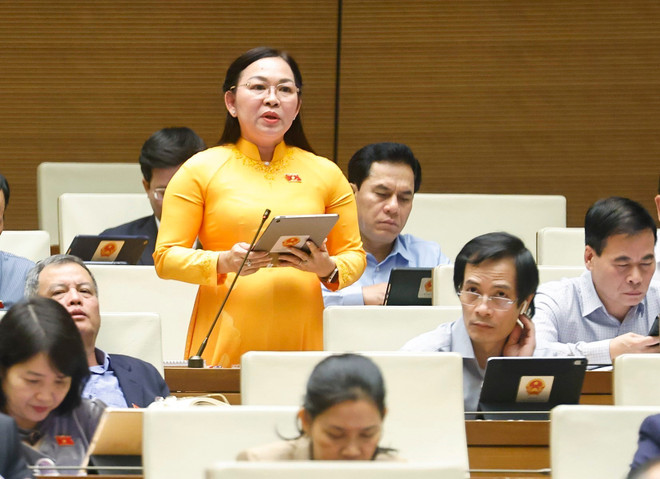
According to delegate Ly Anh Thu (An Giang delegation), currently, with the support of artificial intelligence, with just a few operations, any individual can create articles, images or videos that are identical to press products, making it difficult for people to distinguish between official news and news created by AI. Therefore, delegate Ly Anh Thu believes that it is necessary to continue to clarify the responsibility in labeling AI and handling when using AI to create false content. This is to protect the reputation of the press and the people's right to access correct information.
Delegate Ly Anh Thu also proposed researching and implementing an "official press authentication stamp" on cyberspace to help the press improve its competitiveness while supporting people in accessing accurate information and quickly distinguishing between press content and fake content.
This is also the issue raised by delegate Pham Trong Nhan (Ho Chi Minh City delegation). According to delegate Pham Trong Nhan, under the impact of artificial intelligence, the global information space has changed fundamentally. The speed of data transmission has far exceeded the speed of human verification and information has become a new form of power, even a new weapon. Citing election manipulation in some countries, attacking social networks through fake clips and images created by AI, delegate Pham Trong Nhan said that artificial intelligence has created unprecedented non-traditional security challenges, causing anxiety for the community.
Accordingly, delegate Pham Trong Nhan said that the information space has become a new sovereign space of the nation and the press is the force that holds the front line in that space. Therefore, the amendment of the Press Law must create a strong enough legal framework because the press is not only a means of reporting news, but also a cognitive shield, a mental firewall and an institution to protect the Party's ideological foundation, to protect the country's sovereignty against the wave of cross-border information.
Delegate Pham Trong Nhan emphasized that without a strong, accurate press capable of using AI, bad and toxic information will overwhelm mainstream information, and algorithms will guide public opinion instead of the truth. At that time, information sovereignty will be violated in everyday life./.
Source: https://www.vietnamplus.vn/du-thao-luat-bao-chi-xay-dung-la-chan-de-bao-ve-bao-chi-chinh-thong-post1079003.vnp




![[Photo] National Assembly Chairman Tran Thanh Man receives a business delegation from the Europe-ASEAN Business Council](/_next/image?url=https%3A%2F%2Fvphoto.vietnam.vn%2Fthumb%2F1200x675%2Fvietnam%2Fresource%2FIMAGE%2F2025%2F11%2F24%2F1763989198212_ndo_br_bnd-7394-jpg.webp&w=3840&q=75)
![[Photo] Prime Minister Pham Minh Chinh attends the patriotic emulation congress of the banking sector](/_next/image?url=https%3A%2F%2Fvphoto.vietnam.vn%2Fthumb%2F1200x675%2Fvietnam%2Fresource%2FIMAGE%2F2025%2F11%2F24%2F1763981997729_tt-nhnn-jpg.webp&w=3840&q=75)


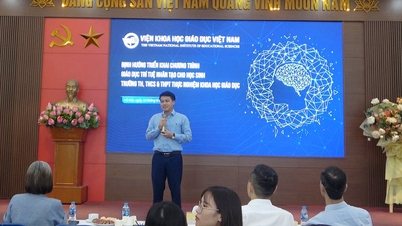



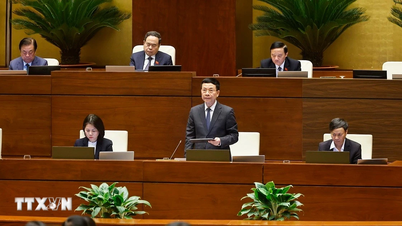
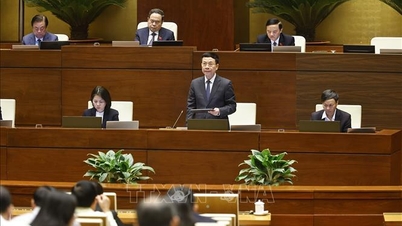

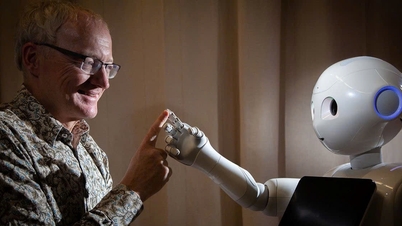
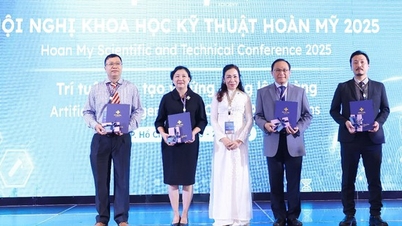

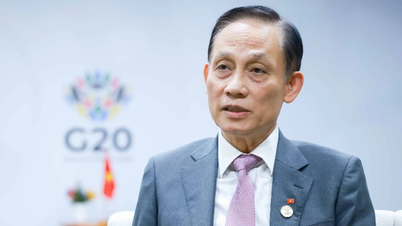

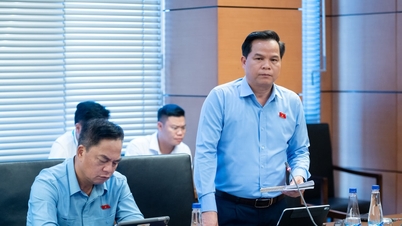

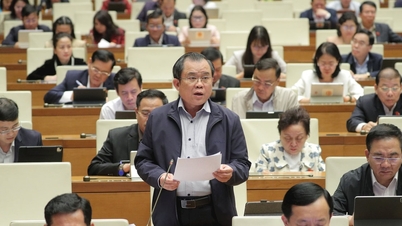
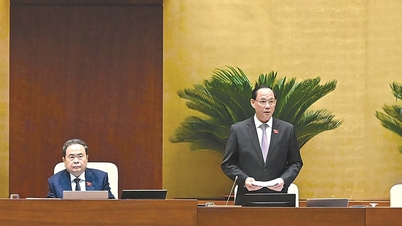
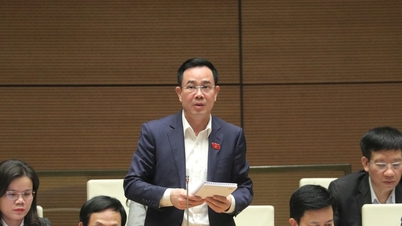
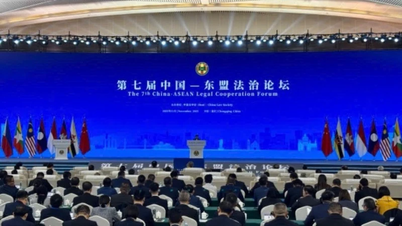




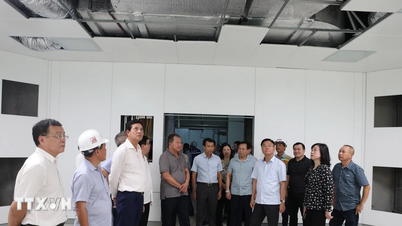
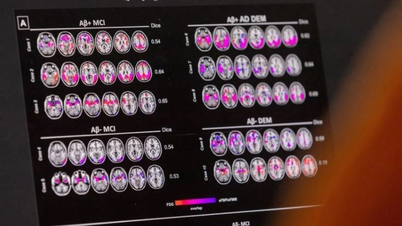
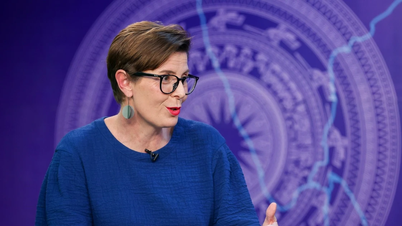

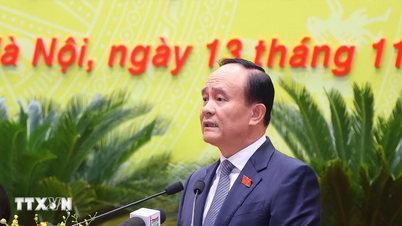
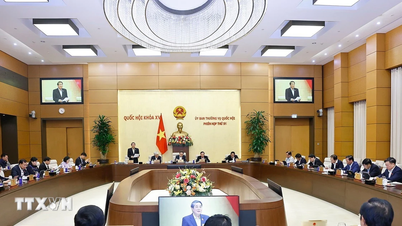

![[Photo] Next to the "mountain of trash" after the flood, Tuy Hoa residents strive to rebuild their lives](/_next/image?url=https%3A%2F%2Fvphoto.vietnam.vn%2Fthumb%2F1200x675%2Fvietnam%2Fresource%2FIMAGE%2F2025%2F11%2F24%2F1763951389752_image-1-jpg.webp&w=3840&q=75)



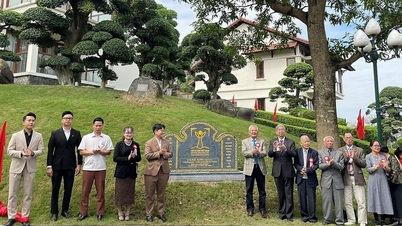
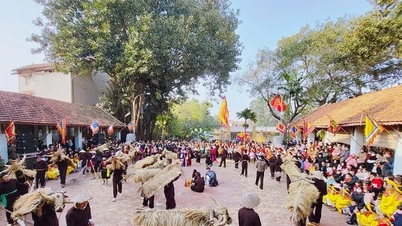

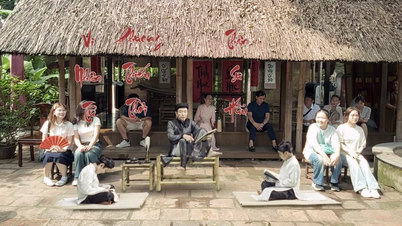
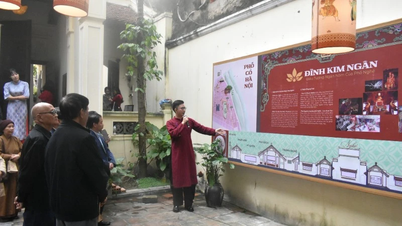








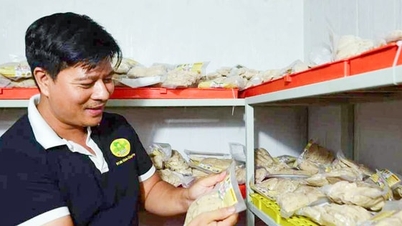





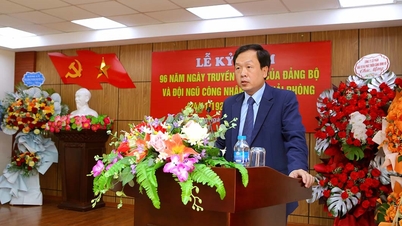

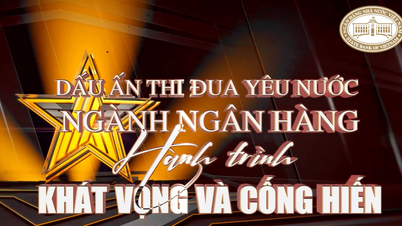
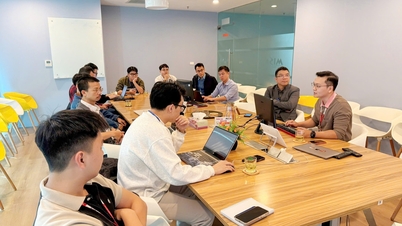

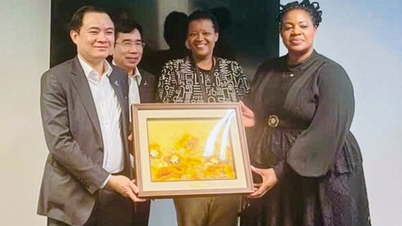
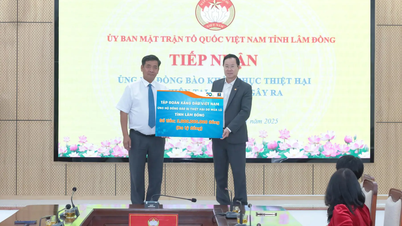






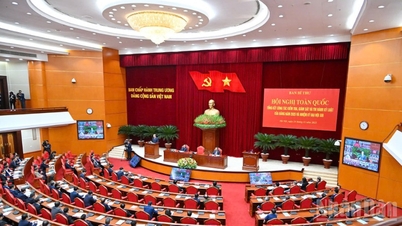
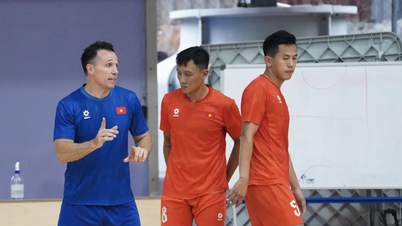
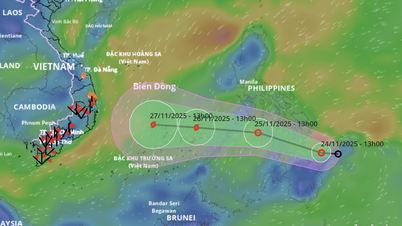

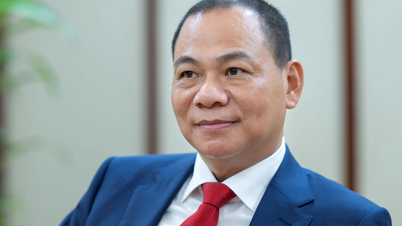

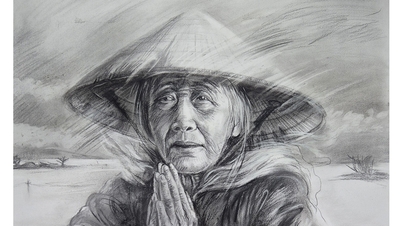
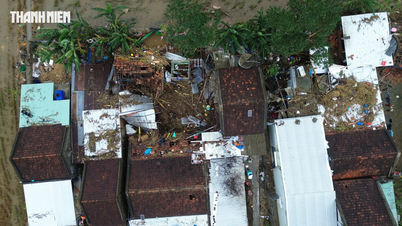
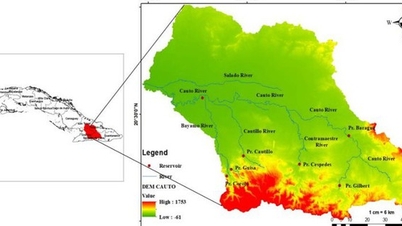

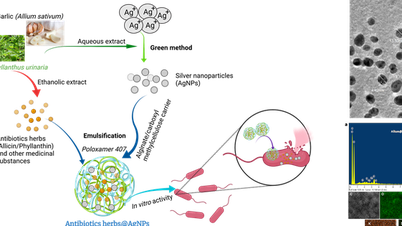
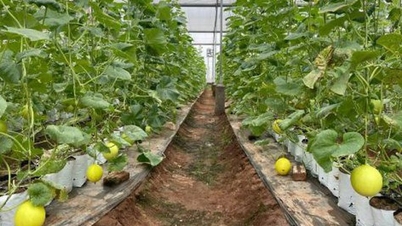


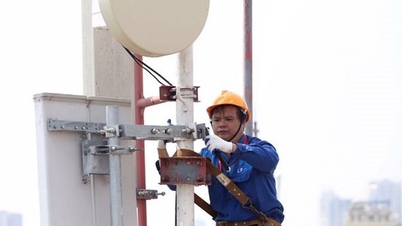
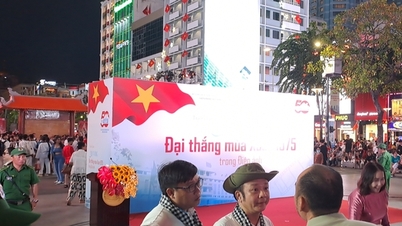



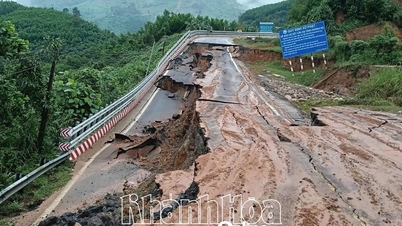


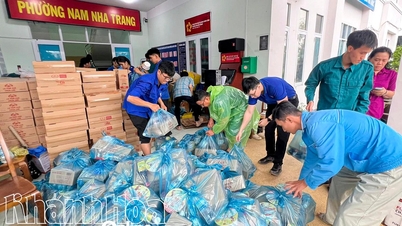
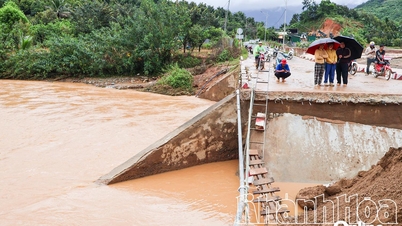
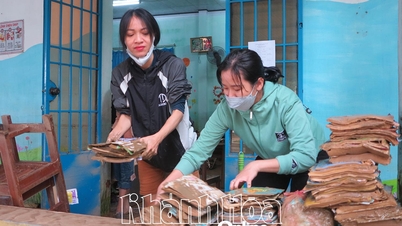












Comment (0)